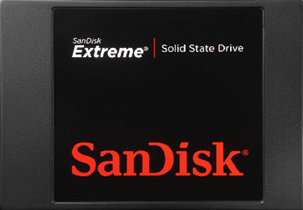SanDisk's sales warning morphs into ultrabook worries

SanDisk's terse profit warning for its fiscal first quarter may reflect a little more than pricing issues for Flash memory. Ultrabook sales may be hampering SanDisk too, said analysts.
In a statement, SanDisk said that the company will deliver first quarter revenue of about $1.2 billion, down from its previous range of $1.3 billion to $1.35 billion. Wall Street was looking for sales of $1.34 billion and profits of 91 cents a share. Also see: SanDisk: Flash pricing, demand weaker than expected

In a research note Jefferies analyst Sundeep Bajikar said:
We believe SanDisk's Q1 miss is consistent with weaker NAND market pricing, and highlights risk of disappointment in SSD for PC/Ultrabook...We think SSD penetration in Ultrabook could disappoint, due to a combination of slower than expected Ultrabook ramps, and faster declines in HDD prices relative to NAND, making NAND less attractive for bulk storage.
Other analysts said that SanDisk was also hurt by weaker retail sales, which account for 40 percent of revenue. Wedbush Securities analyst Betsy Van Hees said that SanDisk could have a challenging environment for the second half of 2012. Specifically, she's looking for better visibility on enterprise and consumer SSD sales.
Bajikar noted that SanDisk's fortunes may improve along with enterprise SSD adoption.
For now, analysts are on standby until SanDisk executives lay out more detail on the company's earnings conference call. Don't be surprised if ultrabooks come up as a topic.